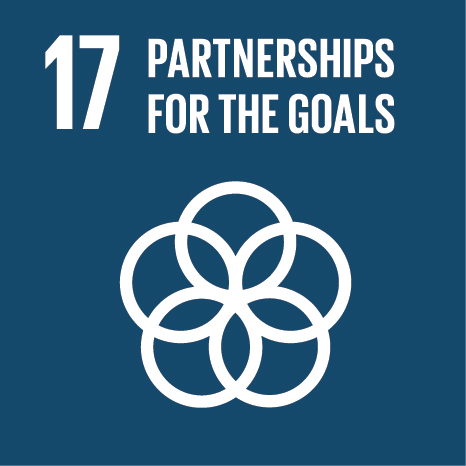Ciência_Iscte
Publications
Publication Detailed Description
Studies on the behaviour of peridomestic and endophagic M form Anopheles gambiae from a rice growing area of Ghana.
Journal Title
Bulletin of Entomological Research
Year (definitive publication)
2011
Language
English
Country
United Kingdom
More Information
Web of Science®
Scopus
Google Scholar
This publication is not indexed in Overton
Abstract
The 'paddy paradox', the occurrence of large populations of vectors but low amounts of malaria transmission where irrigated rice is grown, was investigated in a village in Ghana where M form Anopheles gambiae are common. Peridomestic and indoor host-seeking mosquitoes were collected in tent traps and light traps over 21 consecutive nights at the start of the rainy season in June 2009 when the population increased exponentially from less than 100 per night to over 1000. Infection rates in the overall mosquito population were 0.3% and in the estimated parous population were 1.9%. Numbers of An. gambiae in the tent trap peaked between midnight and 02:40 am. The majority of insects were taking their first blood meal, as virgins or shortly after mating. More than expected were collected in the light trap during a rainstorm at the start of the rains but overall numbers were not affected. Fewer than expected were collected after a subsequent storm. Recruitment to the adult population decreased over the following days. It is hypothesised that the 'paddy paradox' is due to young pre-gravid insects dispersing more widely than gravid ones, not necessarily to low survival in the mosquito.
Acknowledgements
--
Keywords
Anopheles gambiae,rainfall,behaviour,‘paddy-paradox’,tent trap,malaria,vector-borne diseases,ecology
Fields of Science and Technology Classification
- Biological Sciences - Natural Sciences
- Other Medical Sciences - Medical and Health Sciences
Contributions to the Sustainable Development Goals of the United Nations
With the objective to increase the research activity directed towards the achievement of the United Nations 2030 Sustainable Development Goals, the possibility of associating scientific publications with the Sustainable Development Goals is now available in Ciência_Iscte. These are the Sustainable Development Goals identified by the author(s) for this publication. For more detailed information on the Sustainable Development Goals, click here.

 Português
Português



